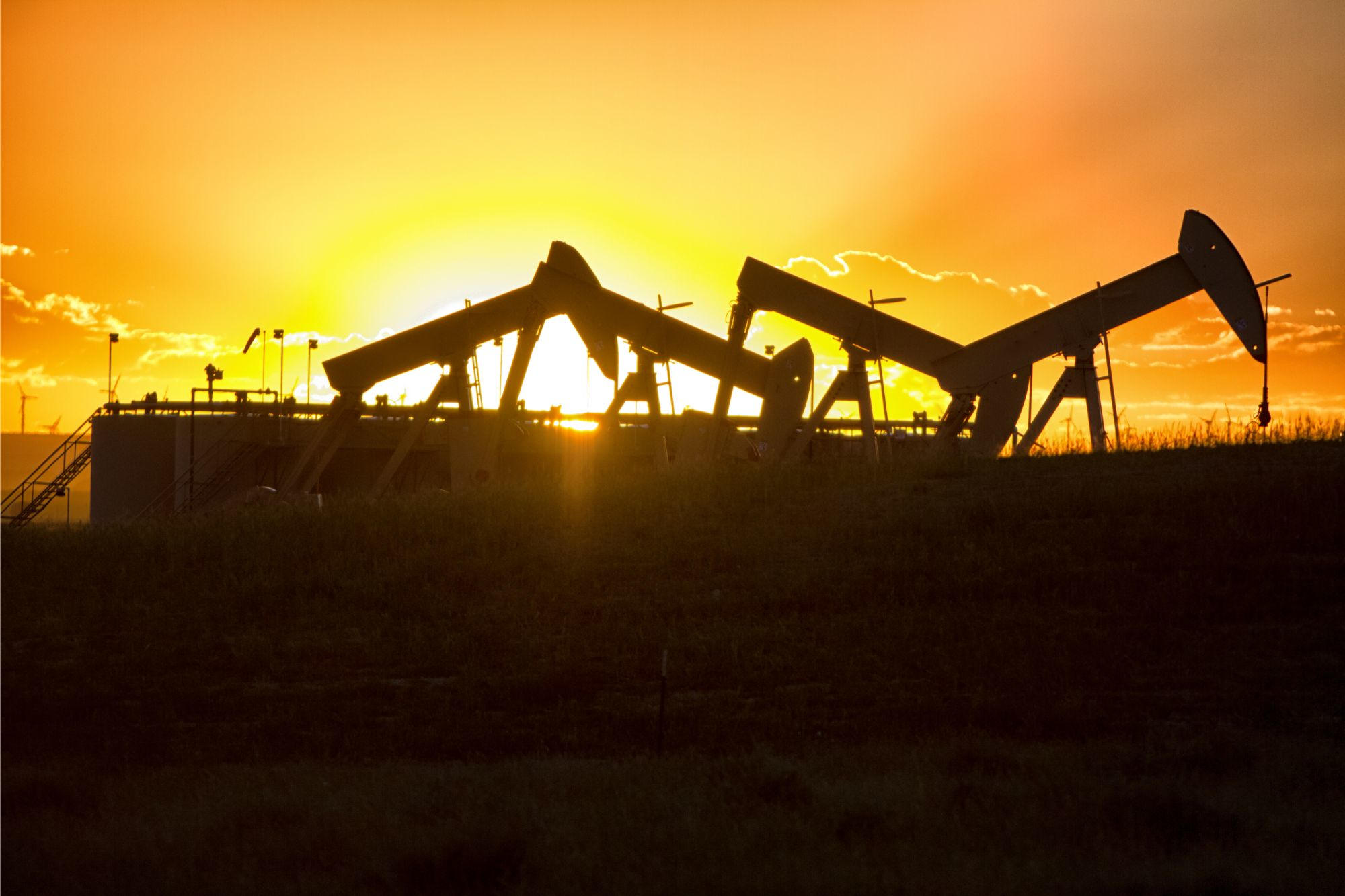Fracking, a term derived from “hydraulic fracturing,” has become a focal point in political debates, environmental discussions, and energy policies worldwide. As the practice continues to influence global energy landscapes, understanding its political implications is crucial. This article explores the multifaceted nature of fracking in politics, delving into its significance, controversies, and the various perspectives surrounding it.
Key Takeaways
- Fracking is a technique used to extract oil and gas from underground rock formations.
- The practice has significant political implications, influencing energy policies and environmental regulations.
- Fracking is a contentious issue, with debates centered around environmental impacts, economic benefits, and energy independence.
- Understanding the political landscape of fracking is essential for informed discussions on energy and environmental policies.
What is Fracking?
Fracking, short for hydraulic fracturing, is a method used to extract natural gas and oil from deep underground. The process involves injecting a mixture of water, sand, and chemicals into rock formations at high pressure to create fractures, allowing the trapped oil or gas to flow to the surface. This technique has revolutionized the energy industry, significantly boosting oil and gas production in countries like the United States.
Fracking in the Political Arena
Fracking’s influence extends beyond the energy sector, deeply impacting political landscapes. Here’s how fracking intersects with politics:
1. Energy Independence and Economic Growth
One of the primary arguments in favor of fracking is its potential to enhance energy independence. By increasing domestic oil and gas production, countries can reduce reliance on foreign energy sources, potentially leading to greater geopolitical stability. Proponents argue that fracking contributes to economic growth by creating jobs, lowering energy prices, and generating revenue through taxes and royalties.

2. Environmental Concerns and Regulatory Challenges
Despite its economic benefits, fracking is a highly controversial practice due to its environmental implications. Critics point to potential groundwater contamination, increased seismic activity, and greenhouse gas emissions as significant concerns. These environmental issues have led to calls for stricter regulations and, in some cases, outright bans on fracking. Politicians are often divided on how to balance economic interests with environmental protection, making fracking a contentious issue in political debates.
3. Public Opinion and Political Campaigns
Fracking has become a polarizing topic in political campaigns, with candidates often using their stance on the issue to appeal to voters. In regions where fracking is prevalent, such as the United States, public opinion can significantly influence political outcomes. Candidates may align themselves with pro-fracking policies to gain support from industry stakeholders or adopt anti-fracking positions to attract environmentally conscious voters.
The Global Perspective on Fracking
![]()
While fracking has primarily been associated with the United States, its political implications are felt worldwide. Countries with significant shale reserves, such as Canada, Argentina, and China, are exploring fracking as a means to boost energy production. However, the global debate on fracking often mirrors the controversies seen in the U.S., with environmental concerns and regulatory challenges taking center stage.
![]()
International Regulations and Agreements

As the practice of fracking spreads globally, international regulations and agreements play a crucial role in shaping its political landscape. Organizations like the European Union have implemented stringent regulations to mitigate environmental risks, while other countries have adopted a more laissez-faire approach. These regulatory differences highlight the complex interplay between national interests, environmental protection, and global energy needs.
The Future of Fracking in Politics
The future of fracking in politics is uncertain, with several factors influencing its trajectory:
- Technological Advancements: Innovations in fracking technology could address some environmental concerns, potentially shifting public opinion and political stances.
- Renewable Energy Transition: As the world moves towards renewable energy sources, the role of fracking in energy policies may diminish, altering its political significance.
- Global Climate Agreements: International efforts to combat climate change could lead to stricter regulations on fracking, impacting its viability and political support.

Fracking remains a pivotal issue in political discussions, influencing energy policies, environmental regulations, and public opinion worldwide. Its complex nature requires a nuanced understanding of its economic benefits, environmental risks, and political implications. As the global energy landscape continues to evolve, fracking’s role in politics will undoubtedly remain a topic of significant debate and scrutiny.
In understanding “what is fracking in politics,” it becomes clear that the practice is more than just an energy extraction method; it is a catalyst for political discourse and policy-making. Whether you are an industry stakeholder, environmental advocate, or politically engaged citizen, staying informed on the intricacies of fracking in politics is essential for shaping the future of energy and environmental policies.